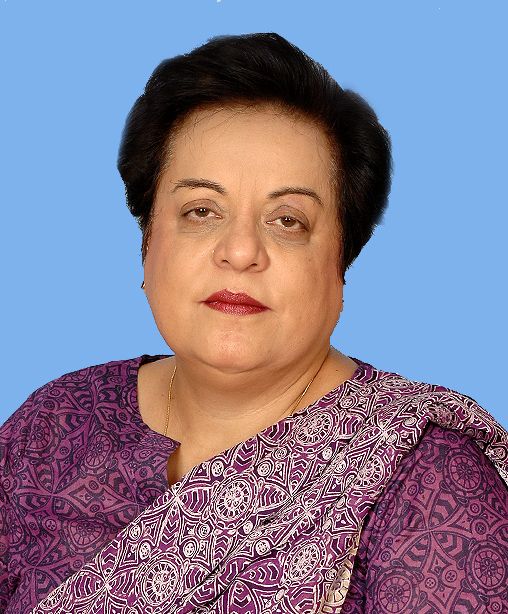Shireen Mazari, a leader of the Pakistan Tehreek-e-Insaf (PTI) party, has disclosed that some members of Prime Minister Imran Khan’s cabinet, including herself, had raised objections to the controversial Prevention of Electronic Crimes (Amendment) Ordinance, 2022. The ordinance made defamation a non-bailable offense with a five-year imprisonment sentence. The ordinance, commonly known as Peca, was first passed by the National Assembly in 2016 when the Pakistan Muslim League-Nawaz (PML-N) was in power. However, President Arif Alvi passed an ordinance making it tougher during the PTI government’s tenure.
The Islamabad High Court invalidated Section 20 of the ordinance in April 2022, which criminalized defamation and drew criticism from digital rights activists. Despite the court’s ruling, PTI members, including Senator Azam Swati, have still fallen victim to the law. Mazari stated in an interview with DawnNewsTV that she had submitted a written objection to Peca, stating that the law would come back to haunt them.
Mazari also expressed her grievances regarding the use of the sedition law, which was invalidated by the Lahore High Court last month. However, cases were registered against Ali Amin and Khan Sahib a day after the law was scrapped. The Peca law had given sweeping powers to the executive, which could be misused against anyone and further curtail freedom of expression in the country, according to the opposition. The legislation allowed the Federal Investigation Agency (FIA) officers to unlock any computer, mobile phone, or other device required for investigating a crime or offense. It also made defamation a punishable offense and stated that parody or satire-based websites and social media accounts could be proceeded against on “spoofing.”
In November 2020, the PTI government framed social media laws under Peca, which drew criticism from digital rights activists, Internet Service Providers of Pakistan, and the Asia Internet Coalition, all of whom had termed the law draconian. President Arif Alvi had promulgated an ordinance to amend Peca in February 2020, a day after the federal cabinet had approved it. The legality of Peca’s Section 20 was already under examination before the IHC at the time.
The amendment to Peca’s Section 20 increased the jail term for defaming any person or institution from three to five years. It also made online public defamation a cognizable and non-bailable offense and defined the complainant as the aggrieved person, his authorized representative, his guardian in case he was a minor, or “a member of the public in respect of a public figure or a holder of public office.” Moreover, the definition of a “person” was expanded to include any company, association, or body of persons whether incorporated or not, institution, organization, authority or any other body established by the government under any law or otherwise.
Opposition leaders and media bodies criticized the government’s move to amend Peca, stating that it was aimed at curbing freedom of expression and silencing the media. The Islamabad High Court declared the law unconstitutional in April 2022 and scrapped its Section 20 that criminalized defamation. The FIA challenged this order in the Supreme Court, but the federal government withdrew the plea mere hours later.


